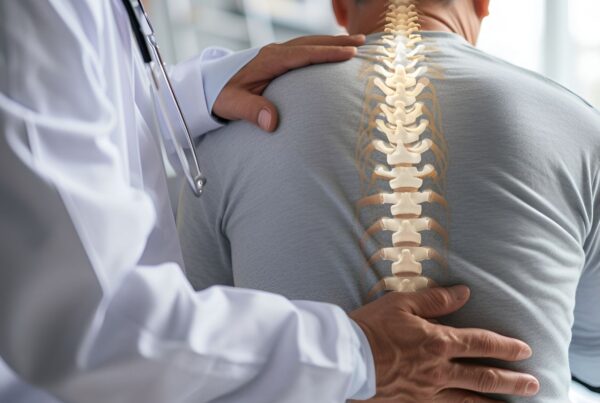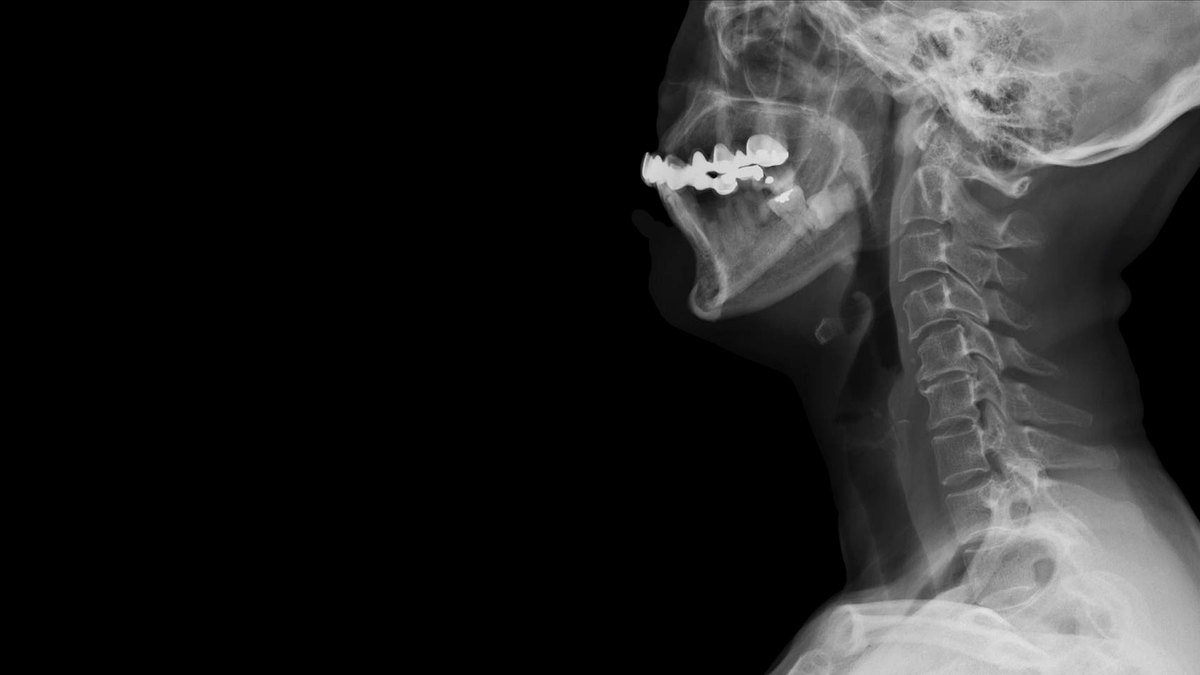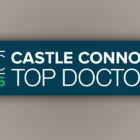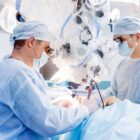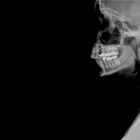Cervical disc replacement surgery is an innovative treatment for those suffering from neck pain due to damaged cervical discs, often caused by degenerative disc disease. This advanced procedure, known as artificial disc replacement (ADR), offers a significant advantage over traditional spine surgeries by preserving the natural movement of the cervical spine. Instead of fusing the vertebrae, ADR involves removing the damaged disc and inserting an artificial one, which helps maintain the spine’s flexibility and reduces the stress on adjacent segments.
Recovery from this surgery is typically quicker and less painful compared to fusion surgeries, with patients able to resume their daily routines within a few weeks, albeit with some limitations initially. Physical therapy plays a vital role in the recovery process, aiding patients in regaining strength and flexibility. By choosing artificial disc replacement, individuals can not only alleviate their pain but also enjoy a better quality of life with a spine that retains its natural function and mobility.
Understanding Cervical Spine Health
The cervical spine is just a fancy term for your neck, which is an important part of your body because it holds up your head and protects the nerves that run from your brain down your back. These nerves help you move and feel things. But just like the tires on your car, the discs in your neck can wear out over time. This wear and tear can lead to a problem called degenerative disc disease, which can make your neck hurt a lot and make it harder for you to move around. When this happens, it can really affect your day-to-day life and how you feel overall.
The Role of Damaged Discs
Damaged cervical discs are a common cause of neck discomfort. These discs act as shock absorbers in the spine but can deteriorate due to age or injury, leading to conditions like herniated disc or bone spurs. When non-surgical treatments are exhausted, such as physical therapy, and anti-inflammatory medications do not provide relief, surgery might be indicated.
What is Artificial Disc Replacement (ADR)?
Artificial Disc Replacement (ADR) surgery is a modern spine surgery technique designed to alleviate pain caused by damaged discs while maintaining the spine’s natural range of motion. Unlike traditional discectomy and fusion (ACDF) that locks adjacent segments together, ADR involves replacing the damaged disc with an artificial one, allowing for continued flexibility.
The Benefits of ADR
The primary advantage of artificial disc replacement surgery is its ability to preserve motion in the cervical spine. By maintaining mobility, ADR reduces the risk of stress on adjacent segments, which is a common concern with fusion surgeries. Additionally, ADR involves a small incision, which can lead to a quicker and less painful recovery compared to traditional spine surgery.
The Surgical Process
The cervical disc replacement surgery is typically performed using an anterior cervical approach, which means the surgeon accesses the cervical spine through the front of the neck. This method involves making a small incision, minimizing the disruption to surrounding tissues. During the surgery, the surgeon delicately removes the damaged disc that’s been causing pain and discomfort. In its place, they insert an artificial disc, carefully designed to mimic the function of a natural, healthy disc. This not only aims to relieve the pressure on nerve roots and the spinal cord but also helps in restoring the spine’s natural alignment and function, crucial for overall mobility and comfort.
This surgical approach is highly effective in alleviating symptoms associated with damaged cervical discs, such as chronic neck pain or stiffness. By replacing the damaged disc with an artificial one, the surgery helps patients regain a range of motion that might have been lost due to the condition.
The precision of this procedure ensures that the spine’s alignment is maintained, promoting a healthier and more active lifestyle post-surgery. Patients typically experience significant relief from their pre-operative symptoms, allowing them to return to their daily activities with improved spinal function and less discomfort.
It's time to get back
to doing what you love.
Post-Surgery Recovery
Recovery from artificial disc replacement surgery is generally faster than that from a fusion surgery. Patients can expect to return to their daily activities with some limitations within a few weeks. Physical therapy plays a crucial role in the recovery process, helping patients regain strength and flexibility in their neck.
Is ADR Right for Everyone?
While ADR is a promising option for many, it’s not suitable for every patient. Factors such as the extent of degenerative disc disease, the presence of bone spurs, and overall spine health are considered when determining whether this surgery is appropriate.
Long-Term Outcomes
Studies suggest that patients undergoing artificial disc replacement surgery experience sustained relief from neck pain and improved neck function. By preserving motion, ADR helps maintain the spine’s natural biomechanics, potentially reducing the risk of complications at adjacent segments.
Cervical disc replacement surgery offers a modern alternative to traditional spine surgeries for patients with degenerative disc disease and other conditions related to damaged cervical discs. By opting for an artificial disc replacement, patients can look forward to not only alleviating their pain but also preserving the natural movement of their cervical spine. Always consult with a spine specialist to determine the best treatment plan for your specific condition.
Remember, maintaining spine health is crucial for overall well-being. Whether through surgical intervention like ADR or non-surgical methods such as physical therapy, addressing spinal issues is key to improving quality of life for those suffering from neck pain and related conditions.
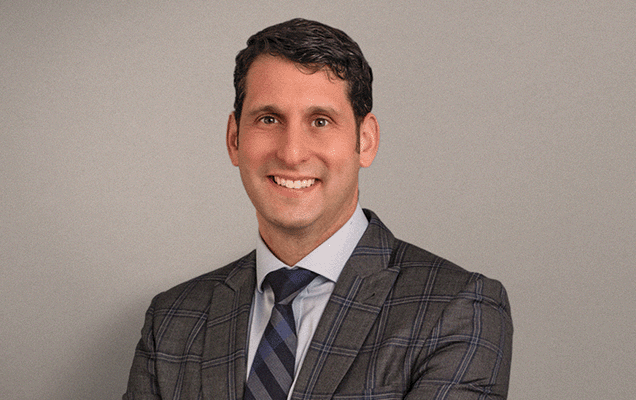
About Dr. Seth Grossman
Dr. Seth Grossman is a board-certified, fellowship-trained orthopaedic spine surgeon. He has been involved in clinical research throughout his medical training and has been published in several peer-reviewed journals. Dr. Grossman prides himself on first exhausting all non-surgical treatment options. When surgery is necessary, he employs surgical techniques that will achieve the best results for his patients while causing the least amount of pain and allowing the fastest recovery possible. He is passionate about combining medicine and technology. He specializes in robotically assisted spine surgery, disc replacement surgery, and minimally invasive techniques for both spinal decompression and spinal fusion surgery.
Recent Posts:
